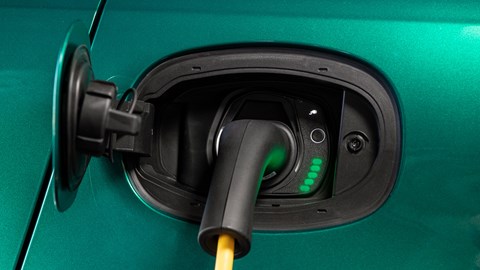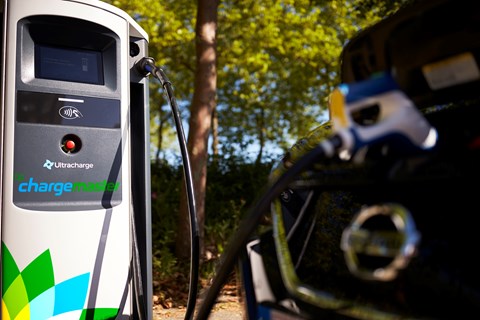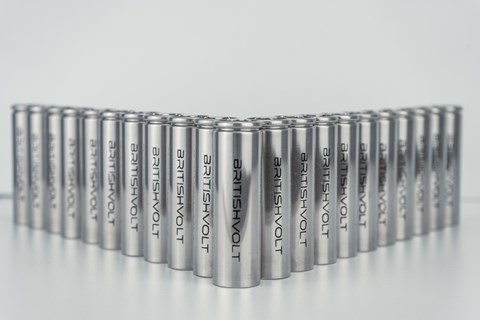The House of Lords has published a new report that criticises the UK government’s approach to EVs – and warns that the UK will not meet its net zero carbon targets. However, it also raises some interesting solutions: targeted grants for EVs, VAT cuts for public charging and ‘battery health’ standards for used cars are just some of the actions floated in the 126 page document.
‘The evidence we received shows the Government must do more to get people to adopt EVs,’ said Baroness Parminter, Chair of the inquiry. ‘If it fails to heed our recommendations the UK won’t reap the significant benefits of better air quality and will lag in the slow lane for tackling climate change.’

The report
The report welcomes some of the new measures post in place by local authorities such as the LEVI fund – as well as the attempts by car makers to incentivise EV ownership. However, data from sources such as the government’s Youth Engagement Programme, suggest more needs to be done – with higher costs and overall clarity being key causes of concern for prospective buyers.
New grants
Much of the report’s suggestions are around clarifying information and messaging around EVs, as well as reducing the cost gap between EV and ICE ownership. At the purchasing stage, the report recommends the reintroduction of targeted grants to increase parity between ICE and EV powertrain. A rethink of road taxation is also advocated, to make the process of buying an EV both simpler and more financially beneficial.
New, universal battery standards
The report states that 62% of consumers surveyed by the Green Finance Institute cited concerns about battery lifespan, despite batteries often guaranteed by the manufacturer for longer than the car itself. Therefore, the report puts forward a two-pronged approach; with better comms around batteries, alongside a standardised method of testing battery health.
In this case it appears things might be a little more on track; the report asserts the industry is developing tools to increase the speed of battery conditions tests, and that the government is already exploring ‘options for improving the availability and standardisation of information for consumers on used EVs at the point of sale.’ How long it’ll take these standards to come to fruition remains to be seen.
Fixing VAT issues
The report also suggests that the discrepancy between public charting VAT rates and domestic charging rates should be removed to reduce ownership costs: domestic charging currently carries a VAT of 5%, while public charging incurs a higher 20% VAT rate.

Speeding up the building
Although the report acknowledges the government’s investment into increasing the public charging network, it highlights outdated and flat-footed planning procedures as contributors to a slower turnaround than you’d hope for. Streamlined planning regulations are just one of the ways the new report advocate to speed things up.
Reinvesting into the future
Keeping the EV at the forefront of battery technology is also a key factor in the report, and that’s across the entire lifecycle of the EV; from battery development all the way to the recycling process. The government is already due to release a new report on the state of the EV manufacturing industry by mid-2025. The report also notes that more investment and development will be needed to bring the UK up to speed on EV recycling, as it currently lags behind there too.

How to do it
While joined-up policies between government departments is the most obvious choice, the report floats the idea of a Ministerial Taskforce designed purely for supercharging the UK’s EV efforts, as well as deciding its direction.
While much of the report is suggestions, it’s not all doom and gloom; it states that it is ‘still possible to ensure a successful EV transition that enjoys the confidence of the public and makes the necessary contribution to the UK’s net zero targets.’
However, this will need to be done sooner rather than later if the UK is to remain at the forefront of electric vehicles and sustainable transport.